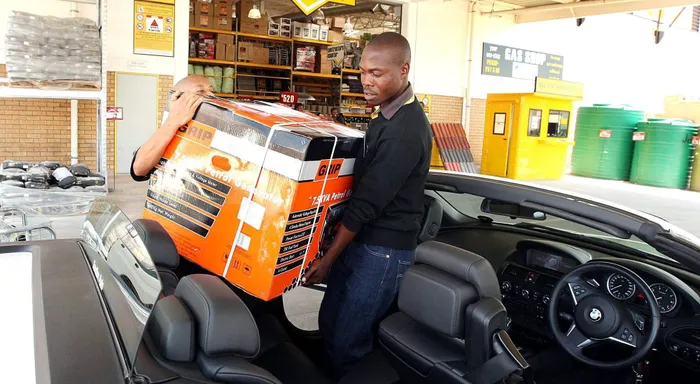Load shedding threat to holiday tourism

Tourism organisations have voiced their concern about the impact of load shedding during the festive season.
This comes after Eskom implemented Stage 6 power cuts on Friday. It has since dropped it to Stage 4 cuts for the rest of the week until Saturday.
While Minister in The Presidency responsible for Electricity, Dr Kgosientsho Ramokgopa said there would be lower load shedding stages during December due to lower demand, tourism bodies said the power cuts brought significant added costs.
Jeannie Sarno, the chairperson of uMhlanga Tourism, said that load shedding has become an unwanted part of everyday South African life.
“Over the years we have had to accept it because for us right now level one (Stage 1) is as if we have won the national lottery. The fact is that it’s not acceptable.”
Sarno said the after effects of load shedding including trips, faults and extended outages also had to be factored in.
“For KZN businesses it’s not only been the impact of load shedding but the aftermath of it, too, like substations going down and causing further outages. Many companies have tried to be self-sufficient and put in solar panels to avoid the downtime load shedding brings with it, but the constant dips in the system cause inverters to blow, damaging all sorts of other appliances.”
Brett Tungay, Federated Hospitality Association of Southern Africa East Coast chairperson, said that load shedding has a huge impact on the tourism and hospitality industry.
“We are expecting a good summer due to bookings at hotels and other accommodation. It’s the best since the Covid-19 pandemic. However, load shedding is a concern. We are finding that our members are spending large amounts of money on inverters, batteries and generators. The problem is that we can’t pass on all these costs to consumers, so we are losing a lot of these costs. It’s a major concern for the festive season.”
Tungay added that load shedding brings certain operations to a halt.
“If we look at things like laundry and ovens in kitchens, all this comes to halt when there is load shedding. It’s a negative impact and something we should not be worrying about for the festive season.”
Phelisa Mangcu, CEO of South Coast Tourism and Investment Enterprise (SCTIE), said load shedding was a reality for residents and businesses countrywide.
“It is a reality we’ve become accustomed to which means certain provisions are in place. Many of our tourism establishments have installed back-up power measures in the form of generators, solar power, and inverters so that festive season visitors are not inconvenienced during their stay.”
Mangcu added that on the KZN South Coast, people could take advantage of outdoor activities during the holiday season.
“We are thrilled to report that 58 beaches are open and safe for bathing this festive season.”
South African Tourism spokesperson Thandiwe Mathibela said: “Load shedding is affecting all spheres of the economy and society, and the tourism sector is not spared from this. Although the tourism industry continues to operate, some operators continue to experience disruptions and delays in operations.
“Picking up learnings of the past few years of load shedding, some businesses have put measures in place to offset the effects of load shedding/power outages.
Some have installed UPS units or other back power supplies such as generators.
Furthermore, load shedding may cause delays in traffic, due to traffic lights not working, when tourists are commuting to reach attractions around the country.”
The department acknowledged the “immense frustration” caused by load shedding in every sector, including tourism, and said interventions were in place to reduce the occurrence over the medium term.
“The government calls on all sectors and communities to implement solutions that will reduce power consumption.”
Cape Town Tourism, head of communications, Briony Brookes said: “The erratic outages are causing continued stress and business disruption for local tourism businesses.
In a recent survey, it showed 30% of participants have no additional source of electricity. About 70% said they are investigating alternative energy sources. These are not cheap, with the initial installation coming with a hefty price tag.
“Cape Town is, luckily, a city of unparalleled natural beauty, so load shedding may not significantly hamper our foreign tourists, but it does have a lasting impact on our small businesses.
We need to help incentivise our tourism businesses to lower their usage while setting themselves up for minimal business interruption.”
The Department of Tourism said that between January and September this year, South Africa saw a significant influx of tourists with more than 6.1 million visitors arriving in the country compared with 3.8million arrivals during the same period in 2022. South African Tourism said January to August this year saw domestic overnight trips exceed pre-pandemic levels, and the levels of the first eight months of 2022 by 17.3% to reach 25million. The cumulative overnight domestic spend in 2023 was also up 21.8% compared with the same period in 2022.
The Mercury
Related Topics: